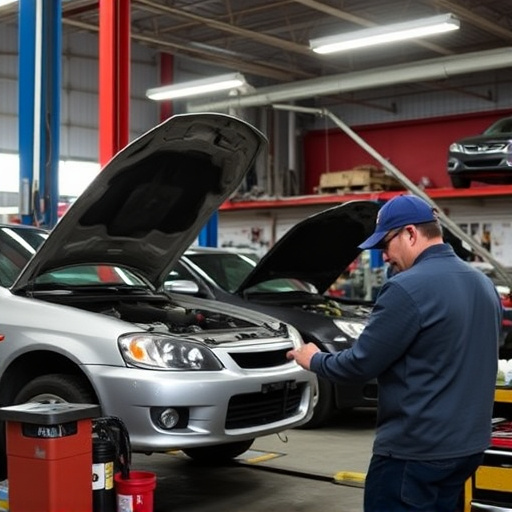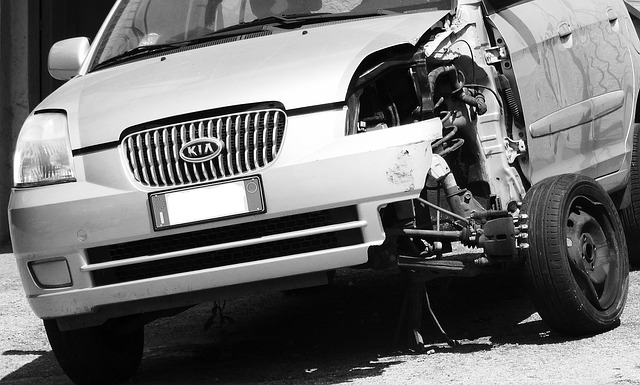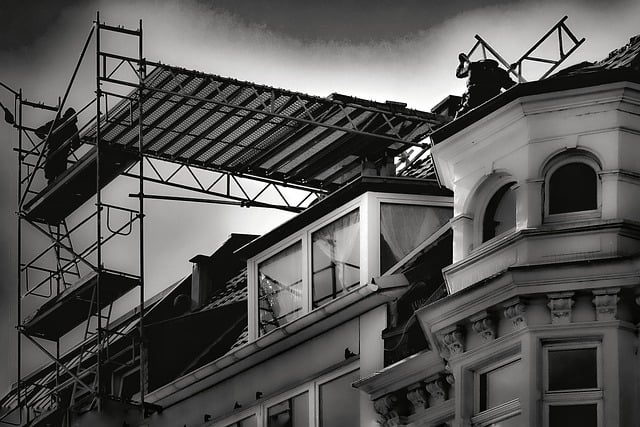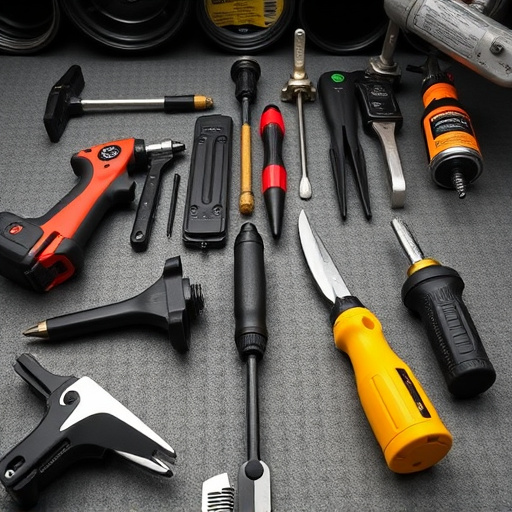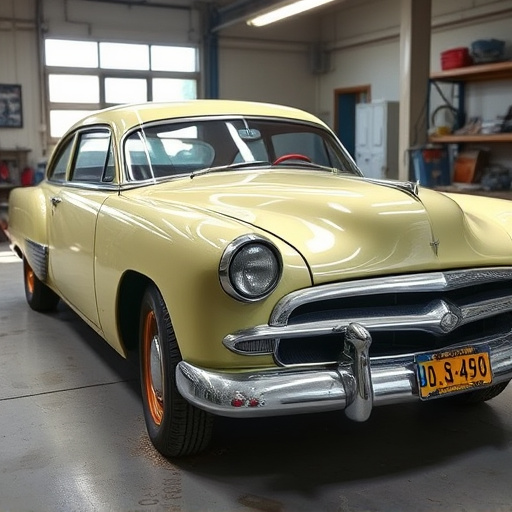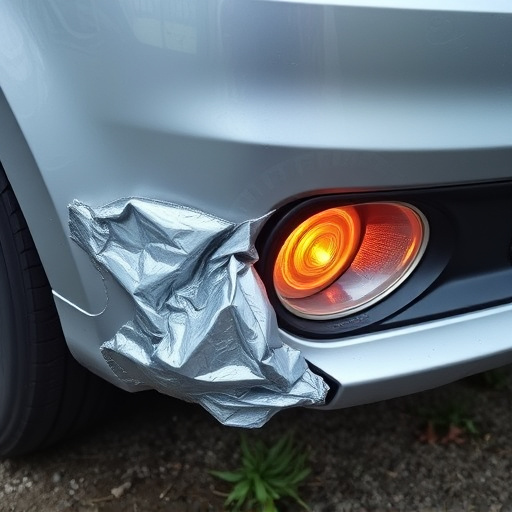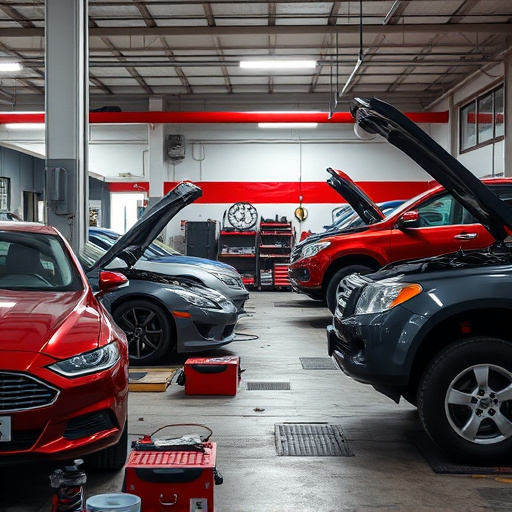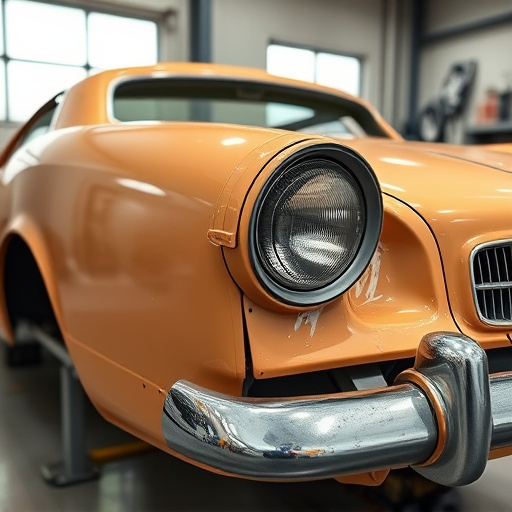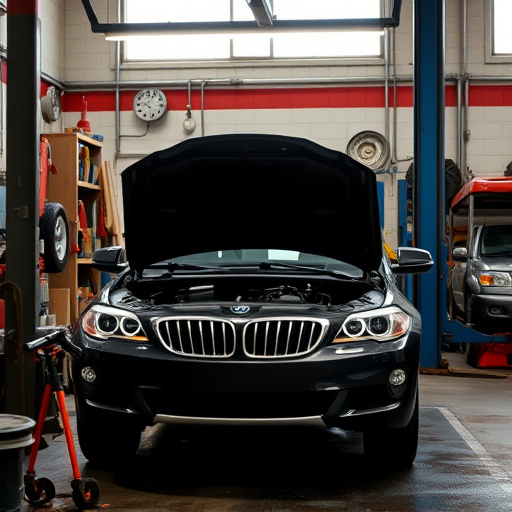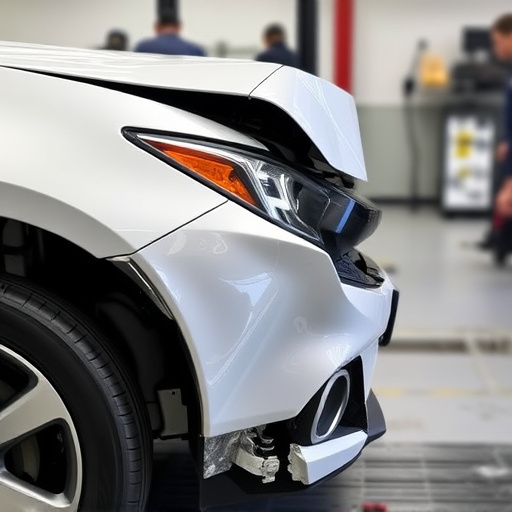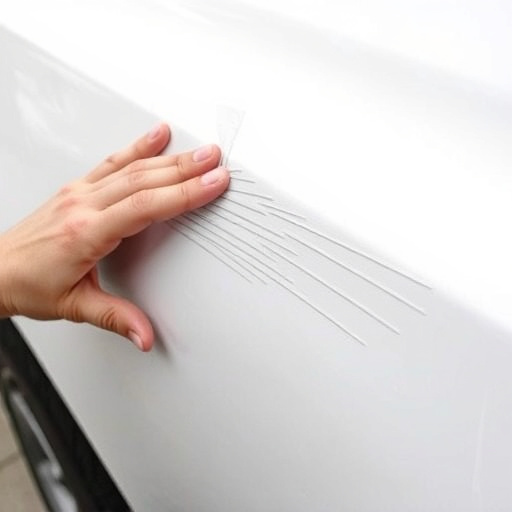Advanced technologies like CAD software and laser measurement systems enhance structural repair precision in today's digital era. Robotic arms further refine the process for tight areas. Standardized procedures, continuous staff training, and rigorous quality control ensure consistent high standards across all tasks, from minor dents to complex collision repairs, maintaining shops' reputations for exceptional accuracy.
In the competitive retail landscape, consistent structural repair precision is paramount for maintaining customer satisfaction and store aesthetics. This article explores how shops achieve unparalleled accuracy in their daily repairs. We delve into the essential tools and technologies that underpin precise work, examine standardized procedures ensuring consistency across teams, and highlight rigorous training and quality control measures that cultivate expertise. By implementing these strategies, retailers can maintain their stores’ structural integrity, contributing to a positive shopping experience.
- Tools and Technologies Empowering Precision Repairs
- Standardized Procedures for Consistency Across Teams
- Training and Quality Control Measures: Ensuring Expertise
Tools and Technologies Empowering Precision Repairs
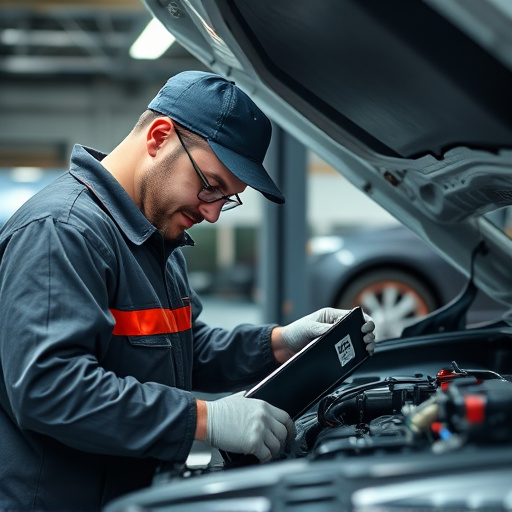
In today’s digital age, shops are no longer relying solely on traditional tools for achieving structural repair precision. Advanced technologies like computer-aided design (CAD) software and laser measurement systems have become invaluable assets. CAD programs allow technicians to create detailed plans and templates, ensuring each repair step is executed with millimeter accuracy. These designs can be easily modified and adapted, facilitating quick adjustments during the repair process. Additionally, laser measurement tools provide precise dimensions and contours, bridging the gap between design and actual repair work.
Furthermore, integration of high-tech robotic arms into body shop services has elevated precision to new heights. These robots execute complex tasks with consistent accuracy, especially in tight or intricate areas. This technology is not just confined to modern automotive workshops; even classic car restoration specialists are adopting these innovative tools to maintain the same level of craftsmanship and detail once associated only with collision centers. Such advancements ensure that every repair, from minor dents to extensive structural damage, is handled with meticulous care, ultimately satisfying customers’ expectations for top-notch quality.
Standardized Procedures for Consistency Across Teams
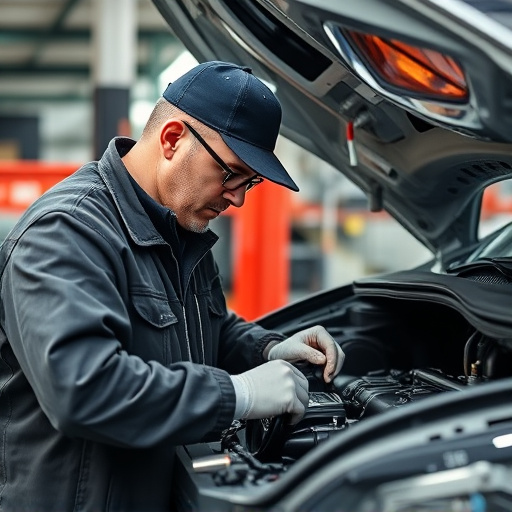
Achieving consistent structural repair precision is a cornerstone of any successful automotive shop. To accomplish this, shops implement standardized procedures that serve as a blueprint for every team member involved in the process. These procedures ensure that regardless of who picks up a dented fender or deals with a collision repair, the outcome adheres to the same high standards.
By establishing uniform protocols, shops mitigate human error and variability. For instance, specific steps are laid out for assessing damage, disassembling affected parts, and precisely measuring needed adjustments. This meticulous approach translates into superior quality control during both minor car dent repairs and more complex collision repair scenarios.
Training and Quality Control Measures: Ensuring Expertise
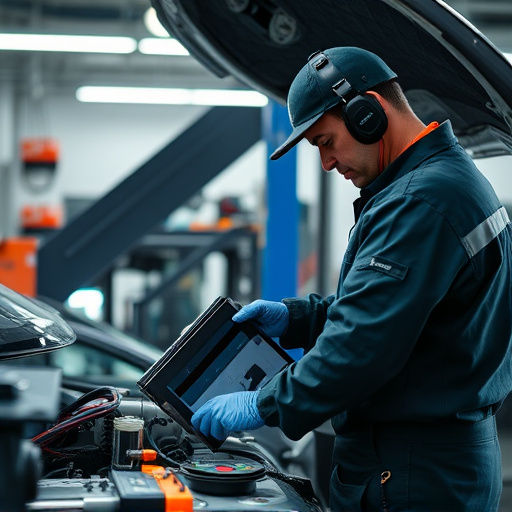
In achieving consistent structural repair precision, training plays a pivotal role. Shops specializing in vehicle body work invest heavily in ongoing training programs for their staff. This continuous education ensures that technicians stay updated with the latest tools and techniques, enhancing their expertise in handling complex repairs. From classic car restoration to auto glass replacement, every project demands meticulous attention to detail. Therefore, these training sessions focus on honing skills, fostering a culture of quality, and promoting consistent outcomes.
Quality control measures are integral to this process. Shops implement rigorous protocols to verify the work done. This includes inspections at various stages of repairs, ensuring that each step aligns with the required standards. By combining comprehensive training and strict quality checks, vehicle body shops maintain their reputation for delivering exceptional structural repair precision, catering to diverse needs in both classic car restoration and contemporary auto glass replacement projects.
Shops achieve consistent structural repair precision daily through a combination of advanced tools and technologies, standardized procedures, and rigorous training. By implementing these strategies, professionals ensure that every repair not only meets but exceeds industry standards, maintaining customer satisfaction and the integrity of the structures they serve. This commitment to excellence is key in fostering trust and building long-lasting relationships with clients.
